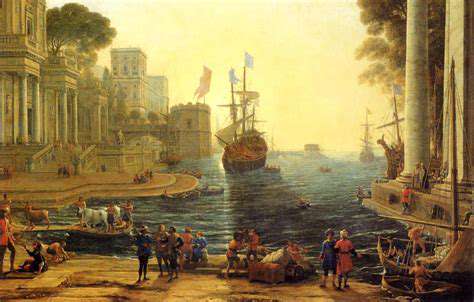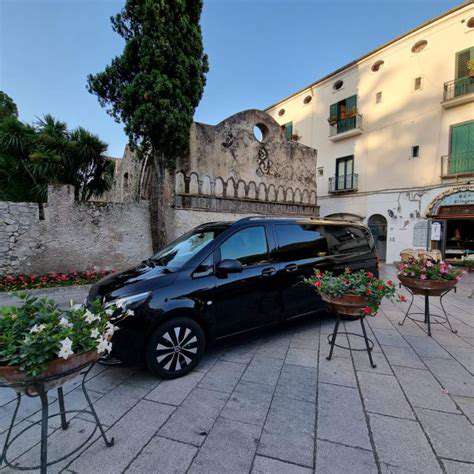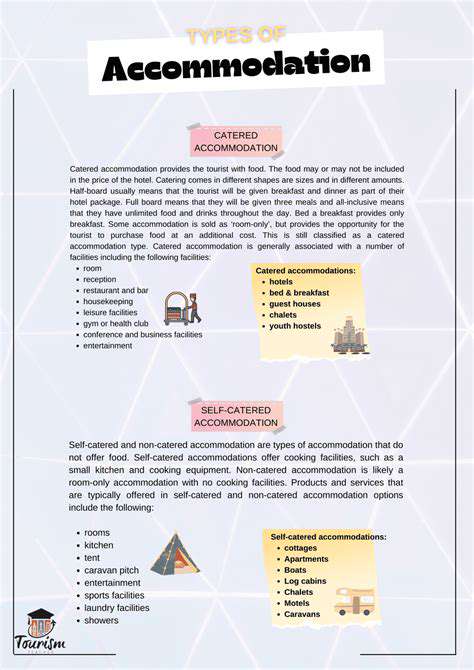A Historical Journey Through Italy
Roman Law and its Enduring Influence
Roman law, developed over centuries, significantly impacted legal systems worldwide. Its emphasis on codified principles, such as property rights, contracts, and criminal justice, laid the groundwork for many modern legal frameworks. The concept of citizen and the idea of a structured legal system, with judges and courts, are deeply rooted in Roman traditions. The principles of justice and fairness, enshrined in Roman law, continue to resonate in legal discourse and practice today, shaping how we understand and administer justice.
Beyond specific legal codes, Roman law fostered a sophisticated administrative structure. This involved meticulous record-keeping, standardized procedures, and a system of checks and balances. These administrative mechanisms, while rooted in a vastly different context, provided a framework for efficient governance that subsequent civilizations have studied and, in many cases, adapted.
Architectural Marvels and Engineering Prowess
The architectural achievements of the Romans are legendary. From the magnificent Colosseum to the intricate aqueducts that crisscrossed the empire, Roman engineers demonstrated unparalleled mastery of construction techniques. Their innovative use of concrete, arches, and domes allowed them to build structures of immense scale and enduring beauty, which continue to inspire awe and wonder even today. The ingenuity displayed in these projects demonstrates a deep understanding of engineering principles, providing valuable insights into the technical knowledge of the era.
The Romans weren't just builders of imposing structures; they were also masters of urban planning. Their cities, designed for both practicality and grandeur, often featured public spaces, forums, and marketplaces. The planned layouts of Roman cities, with their emphasis on accessibility and functionality, influenced urban design for centuries. The legacy of Roman engineering and urban planning is evident in many cities across Europe and beyond.
The Spread of Roman Culture and Language
The Roman Empire's vast reach facilitated the dissemination of Roman culture, language, and values across a wide geographical area. Roman roads, a testament to their engineering prowess, connected distant settlements and facilitated the exchange of ideas, goods, and people. The Latin language, the foundation of many modern European languages, became the lingua franca of the empire, profoundly influencing communication and intellectual exchange.
The Roman military, with its disciplined structure and logistical efficiency, played a crucial role in spreading Roman culture. Roman legions, stationed throughout the empire, introduced Roman customs, legal systems, and administrative practices to conquered territories. This process of cultural diffusion created a vibrant tapestry of shared experiences and influenced the development of diverse societies for centuries.
The Enduring Impact on Western Civilization
The Roman Empire's influence extends far beyond its architectural and legal legacies. The values of civic duty, public service, and the rule of law, deeply ingrained in Roman society, have profoundly shaped Western civilization. Roman principles continue to inspire democratic ideals, and the concept of citizenship, with its associated responsibilities and rights, is a direct descendant of Roman traditions.
The Roman Empire's contributions to Western thought and culture are undeniable. The emphasis on reason, logic, and order in Roman philosophy and governance has profoundly influenced Western intellectual and political thought. The legacy of Rome, in its multifaceted forms, continues to resonate in the modern world, serving as a reminder of the enduring impact of a civilization that once dominated the Mediterranean world.


Selecting the appropriate digging tools is crucial for successful gardening. Different tools cater to various tasks, from loosening compacted soil to carefully transplanting delicate seedlings. Consider the size and type of your garden, the soil conditions, and your personal preferences when making your selections. A good quality spade, for example, can make the difference between a smooth digging experience and a frustrating one, especially when dealing with tough clay or rocky soil.






![How to Travel on Points and Miles [Travel Hacking]](/static/images/27/2025-05/StayingUpdatedontheLatestTravelHackingTrendsandOpportunities.jpg)




